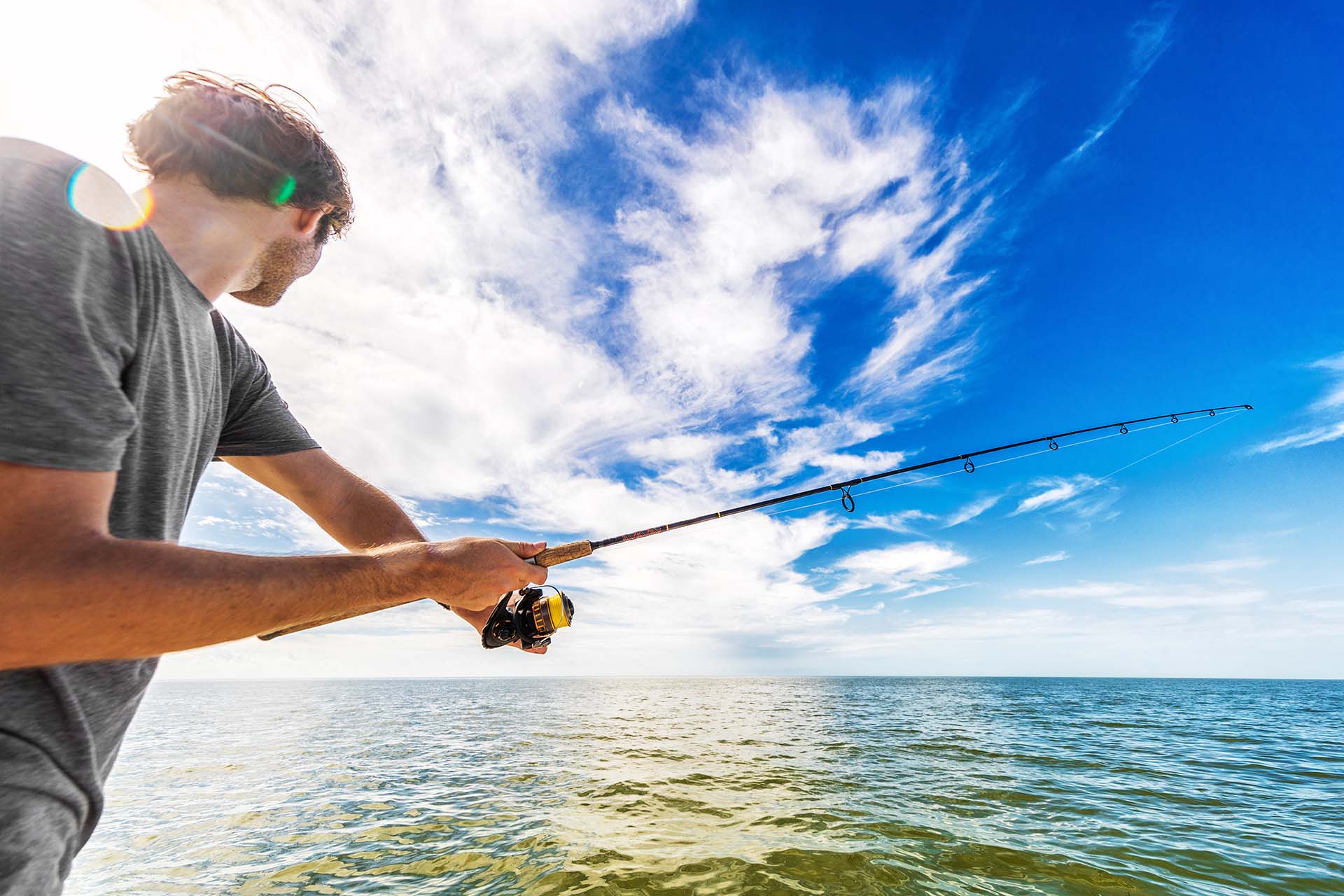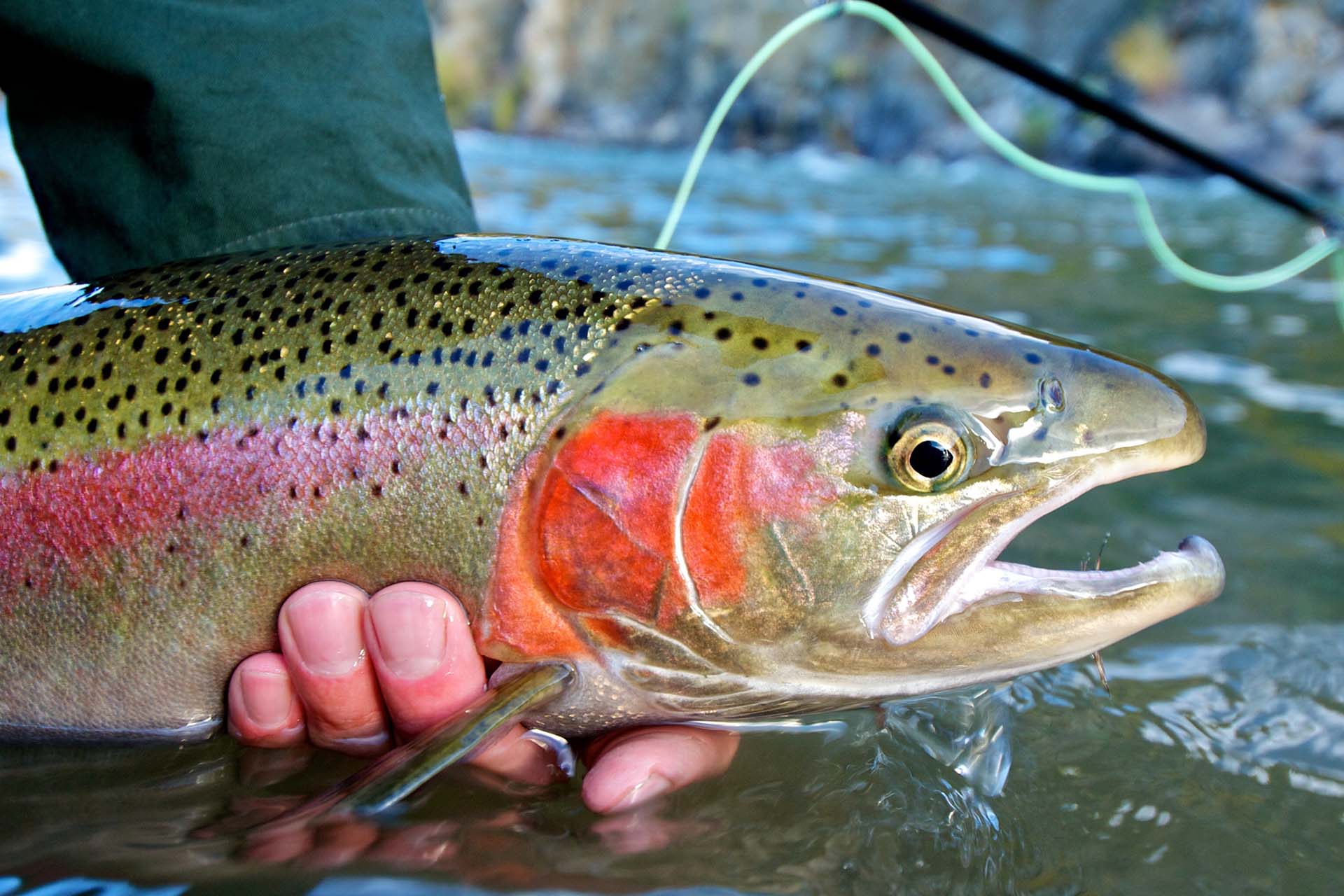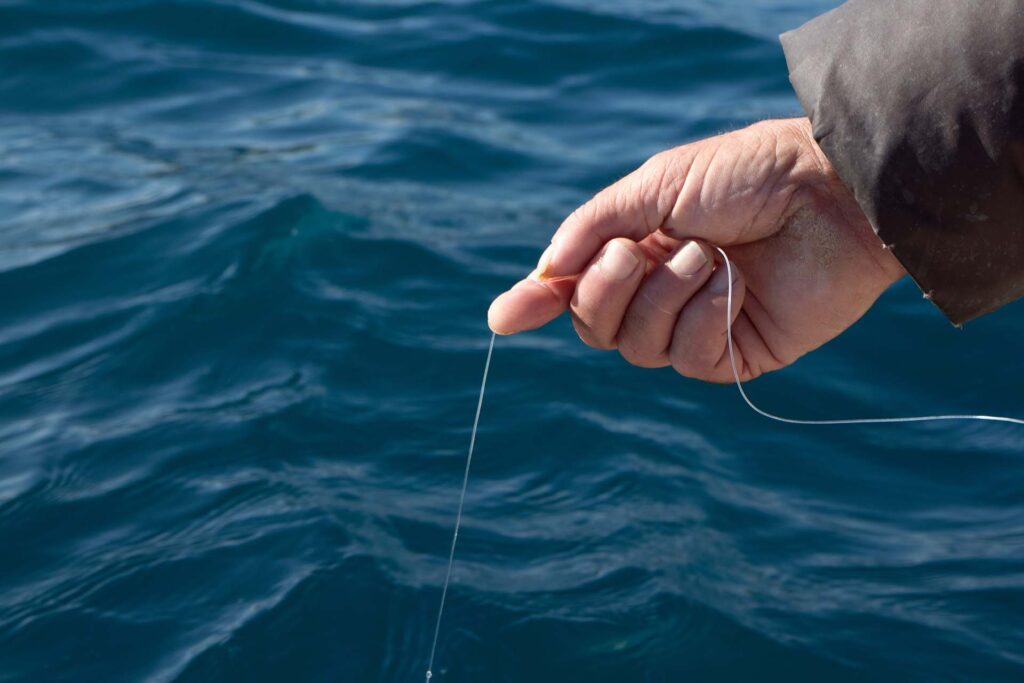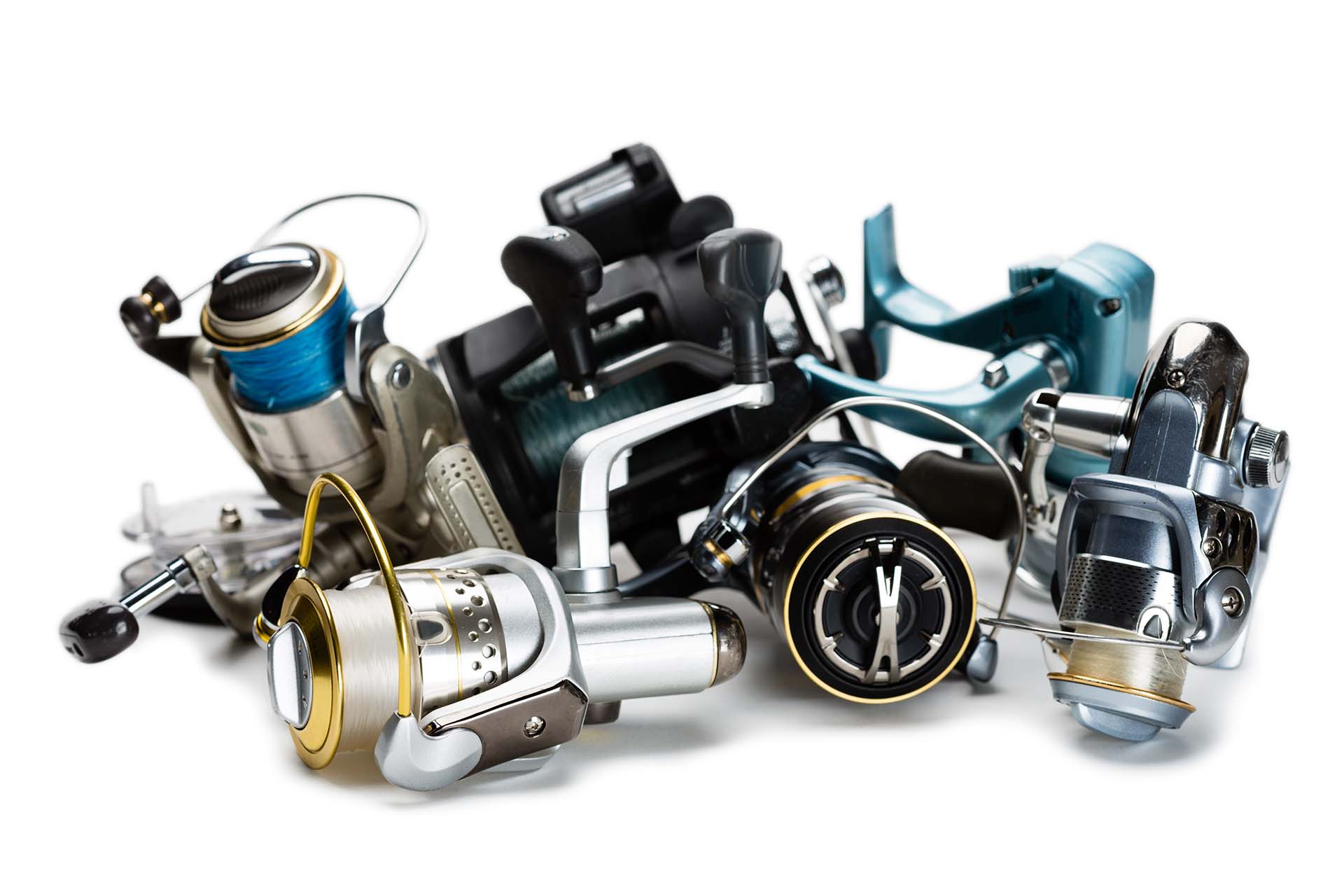Have you ever gone fishing and come away with more than what was on the end of your line? Mosquitoes, pesky flies, and fish often don’t seem to mind a nibble or two at your finger. Figuring out how to keep the fish from biting you might be your ticket to a relaxing and risk-free fishing experience, so here are all the tips and tricks that’ll prevent your catch from getting too close.
Why Do Fish Bite?
Beginner anglers might find it surprising that the catch they’re targeting might end up taking a few bites on their finger. Actually, fish bite for a variety of reasons, but primarily to feed or defend themselves – when it’s hungry and sees something resembling food, it is likely to bite. Pair that with getting a hook stuck on your finger, and fishing turns out to be quite a dangerous sport.
Certain species are attracted to certain types of prey, so understanding their behavior can be helpful in choosing the right bait, no matter what fishing technique you’re employing. In other cases, fish may bite out of aggression or territorial defense, particularly during breeding season or in areas with limited resources.
To know what specifically to look out for, here’s a list of the most aggressive commonly caught species out there:
| Species | Average Size | Preferred Habitat |
|---|---|---|
| Barracuda | 2-4 ft | Tropical and subtropical oceans worldwide |
| Alligator Gar | 3-8 ft | Southern United States and Mexico |
| Giant Trevally | 4-5 ft | Tropical and subtropical waters worldwide |
| Redtail Catfish | 3-5 ft | Amazon Basin in South America |
| Northern Pike | 3-4 ft | Freshwater lakes and rivers in the Northern Hemisphere |
Wear Appropriate Clothing
No matter your preferred angling style, wearing appropriate attire is crucial not only for comfort but safety as well. In particular, when engaging in outdoor activities, it’s essential to dress for the weather conditions and potential hazards. So, when planning your next fishing trip, take some time to research the weather conditions, terrain, and other factors that might affect your clothing choice.
Pick up the Right Clothes and Be Ready for the Adventure
With the right clothes, you’ll be ready to embrace the adventure, stay safe, and hopefully land quite a few fishy surprises. Here are some specific clothing recommendations to keep in mind:
- Long-sleeved shirts – a great option for protecting your arms from the sun during the day and from insects if you’re fishing at night,
- Gloves – every experienced angler knows that a long fishing trip can take quite a toll on your hands, so use gloves to protect them from blisters or cold temperatures,
- Hats – essential for providing shade from the sun and insulation in cooler temperatures.
It’s important to choose items that are lightweight, breathable, waterproof, and durable. Synthetic fabrics and merino wool are great choices. Avoid wearing brightly colored clothing at all costs – it’ll definitely increase your chances of getting bitten by a sea creature.
Fish are known to be attracted to bright colors, which can mimic the appearance of their natural prey. So, while lures and bait that are brightly colored, such as those with fluorescent or metallic finishes, can catch the attention of your target, you certainly shouldn’t resemble the bait. That’s why you should choose clothing that can help you blend into the environment, avoid disturbing wildlife, and reduce your impact on nature.
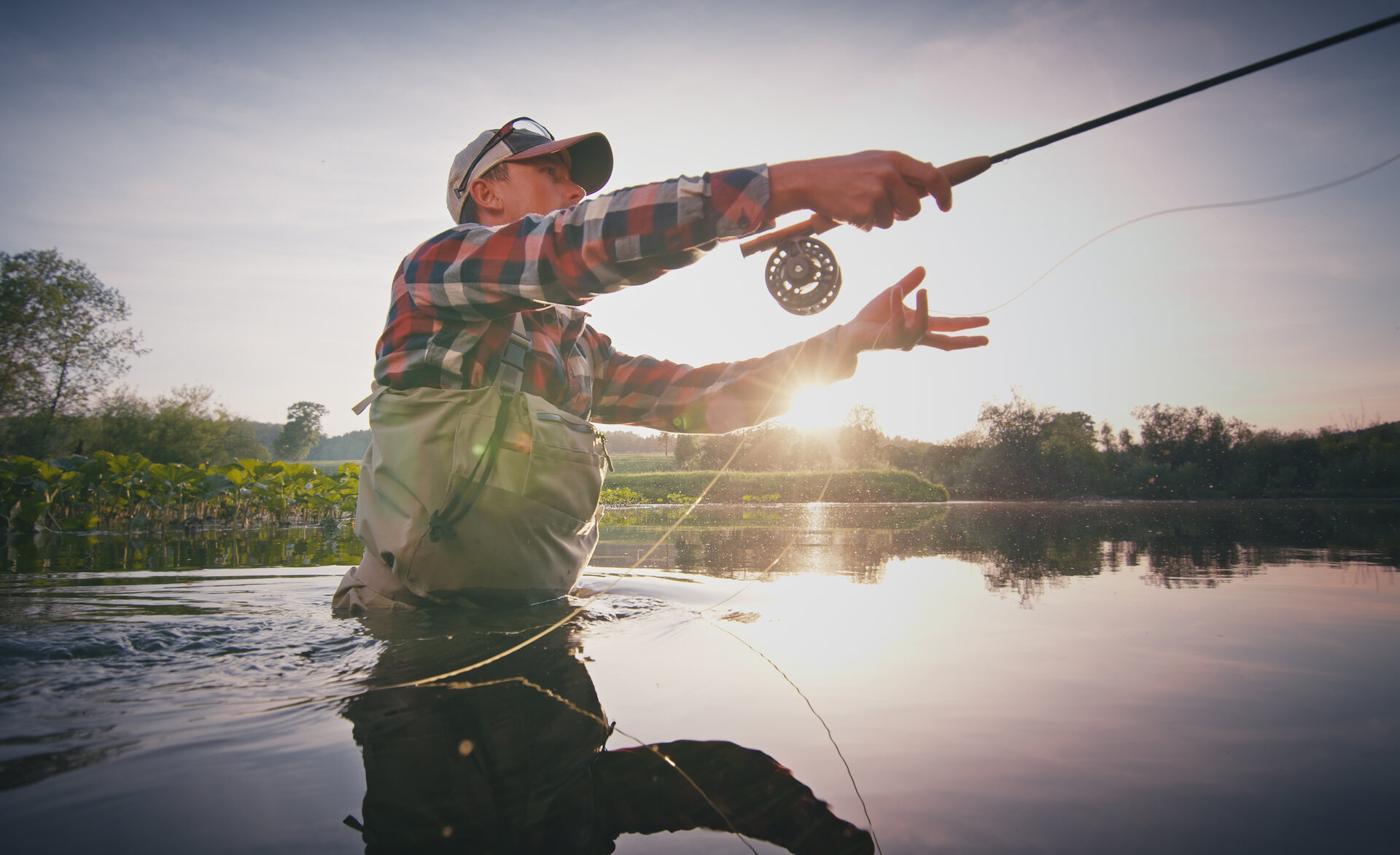
Use Proper Handling Techniques
Using the right handling techniques is important to protect yourself and the environment from potential harm, as improper handling can result in injury or illness, both for you and the catch you’re interacting with. It can also disturb the natural balance of an ecosystem, causing damage to the environment and the wildlife that lives there.
Tips for Handling Fish Safely
First things first, it’s essential to wet your hands or wear gloves before handling your catch in order to prevent the removal of the fish’s protective slime, as it exposes them to bacterial and fungal infections. You should also support their weight with both hands, especially when landing or releasing it back into the water.
If you’re practicing catch and release (which you definitely should, unless you have the required fishing license), make sure to use types of hooks that make it easier and safe to release the fish with minimal harm – barbless hooks are a great choice. Handle the catch gently and avoid squeezing it tightly, and be sure not to handle the fish’s gills, as it can cause severe damage to their breathing and ability to survive.
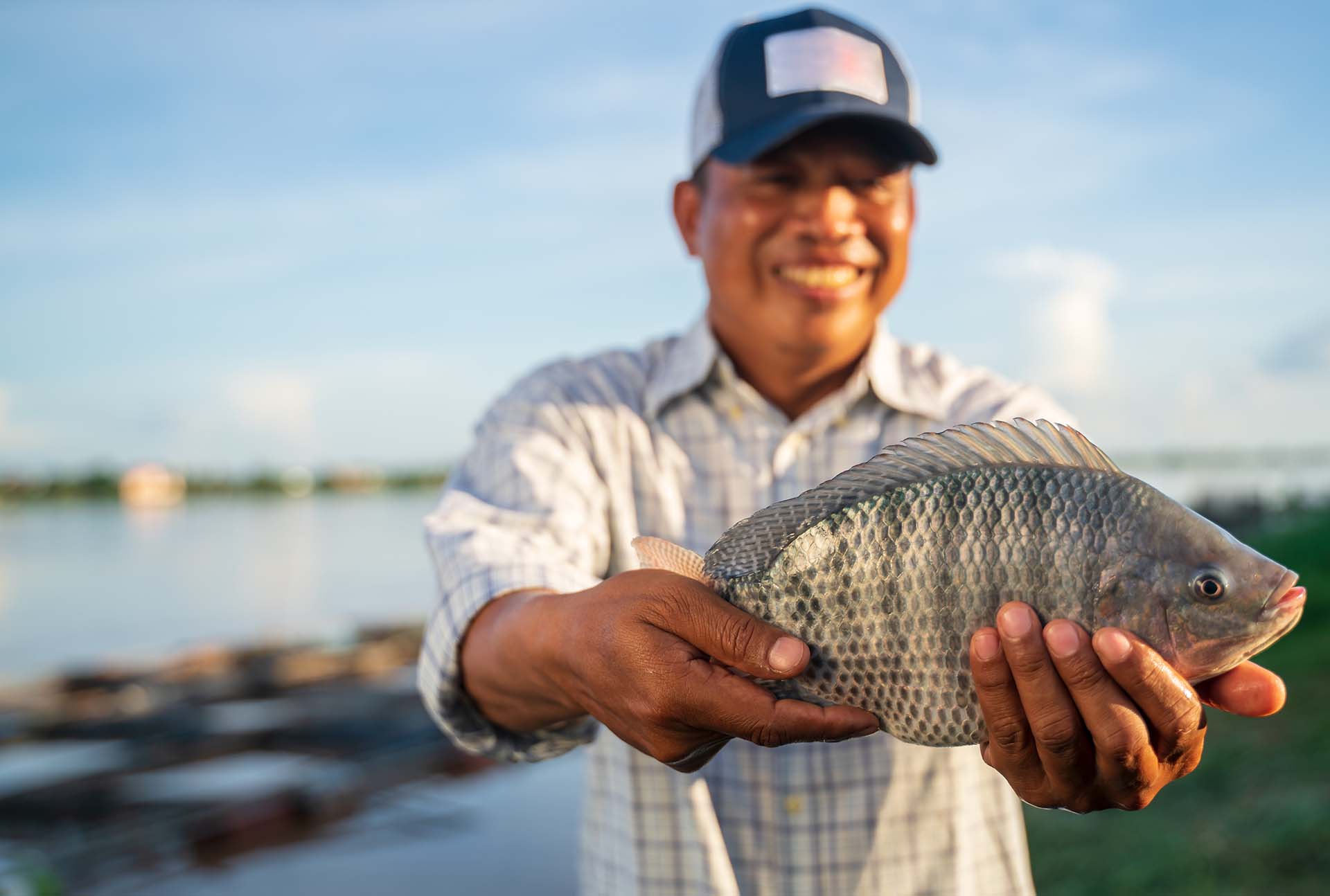
Be Aware of Your Surroundings
Being aware of your surroundings when fishing can probably be your best help in avoiding bites. For example, if you find yourself in an area known to have aggressive saltwater species such as barracuda, it’s crucial to avoid wearing jewelry that can attract their attention.
It’s also essential to stay calm and avoid sudden movements that may startle or agitate the catch at the end of your fishing rod. Watch for signs of movement or behavior, such as jumping, splashing, or feeding, to avoid reeling in a fishy surprise that ends up taking a bite of your finger.
Stay On Top of Your Research
It’s best to research the area where you’ll be angling to learn about the species that are present and their behavior patterns. This information can help you avoid areas where there may be a high concentration of aggressive water species and better prepare for the adventure. By staying alert and informed, you can stay safe and enjoy your time outdoors.
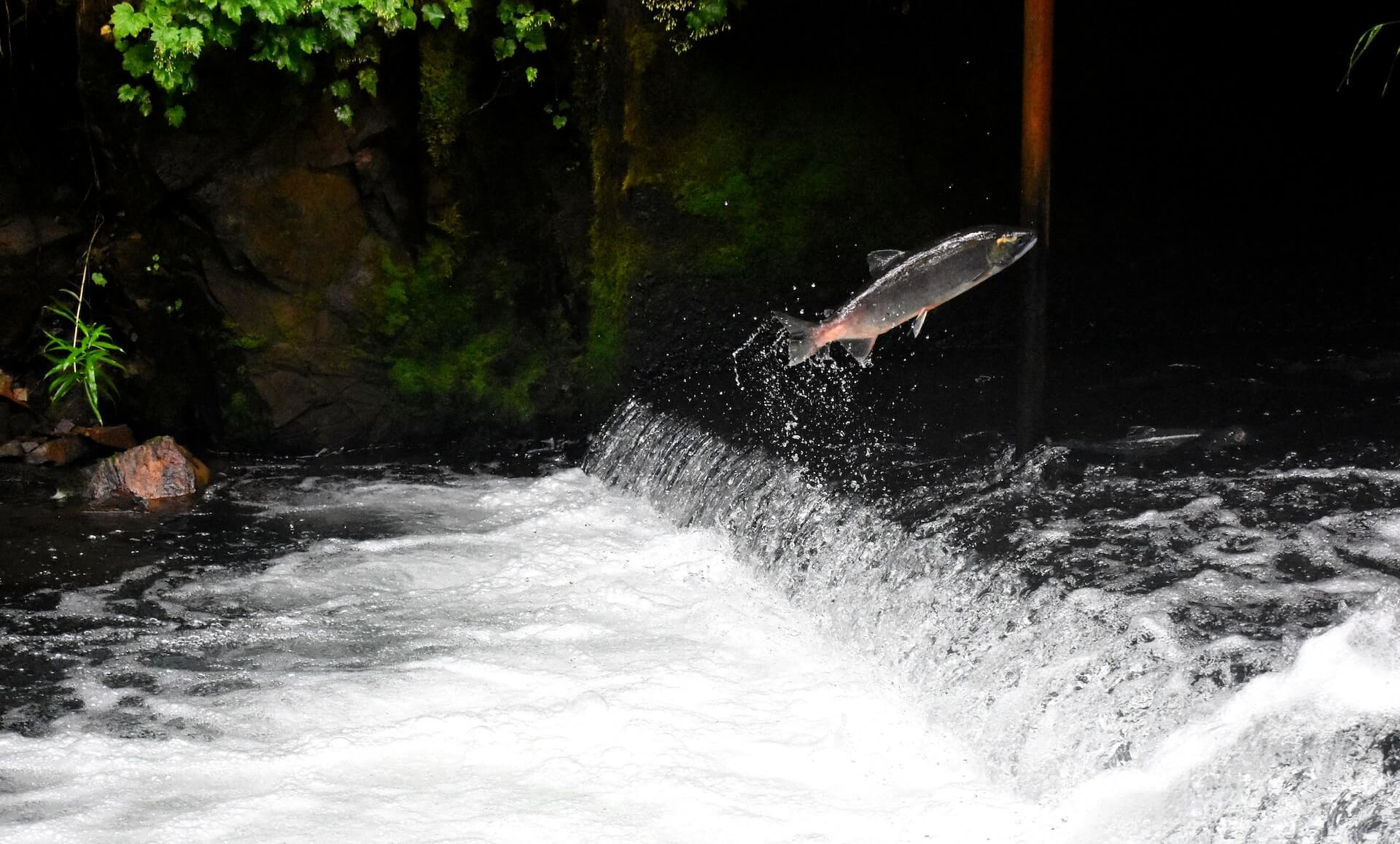
Avoid Using Attractive Scents
Scented products such as perfumes, lotions, and even some types of shampoo can attract insects and other wildlife, which can be both a nuisance and a safety hazard. Avoiding these attractive scents when engaging in outdoor activities such as fishing is crucial for avoiding attracting unwanted attention and minimizing your impact on the environment.
Fish Have an Excellent Sense of Smell
Certain scents can attract fish by mimicking the odor of their natural prey, such as insects or crustaceans. They have a strong sense of smell, and when they detect these delicious scents, they may be more likely to bite. That’s why anglers sometimes use scented lures or bait to attract their target, such as a worm or a piece of cut squid.
However, using certain scents can also increase the risk of bites from aggressive or predatory species. For example, perfumes or lotions containing sweet or fruity scents may attract species such as piranhas or barracudas, which are known for their aggressive behavior.
Tips for Avoiding Scents That Attract Fish
First things first, it’s crucial to be mindful of the products you use and opt for unscented or natural products whenever possible. Avoid using sweet or fruity perfumes and lotions, as they might attract unwanted attention from a particularly aggressive species.
Similarly, when fishing, consider using lures or bait that are unscented or made from natural materials that mimic the fish’s natural prey. By taking these steps, you can help reduce your impact on the environment and minimize the risk of bites.
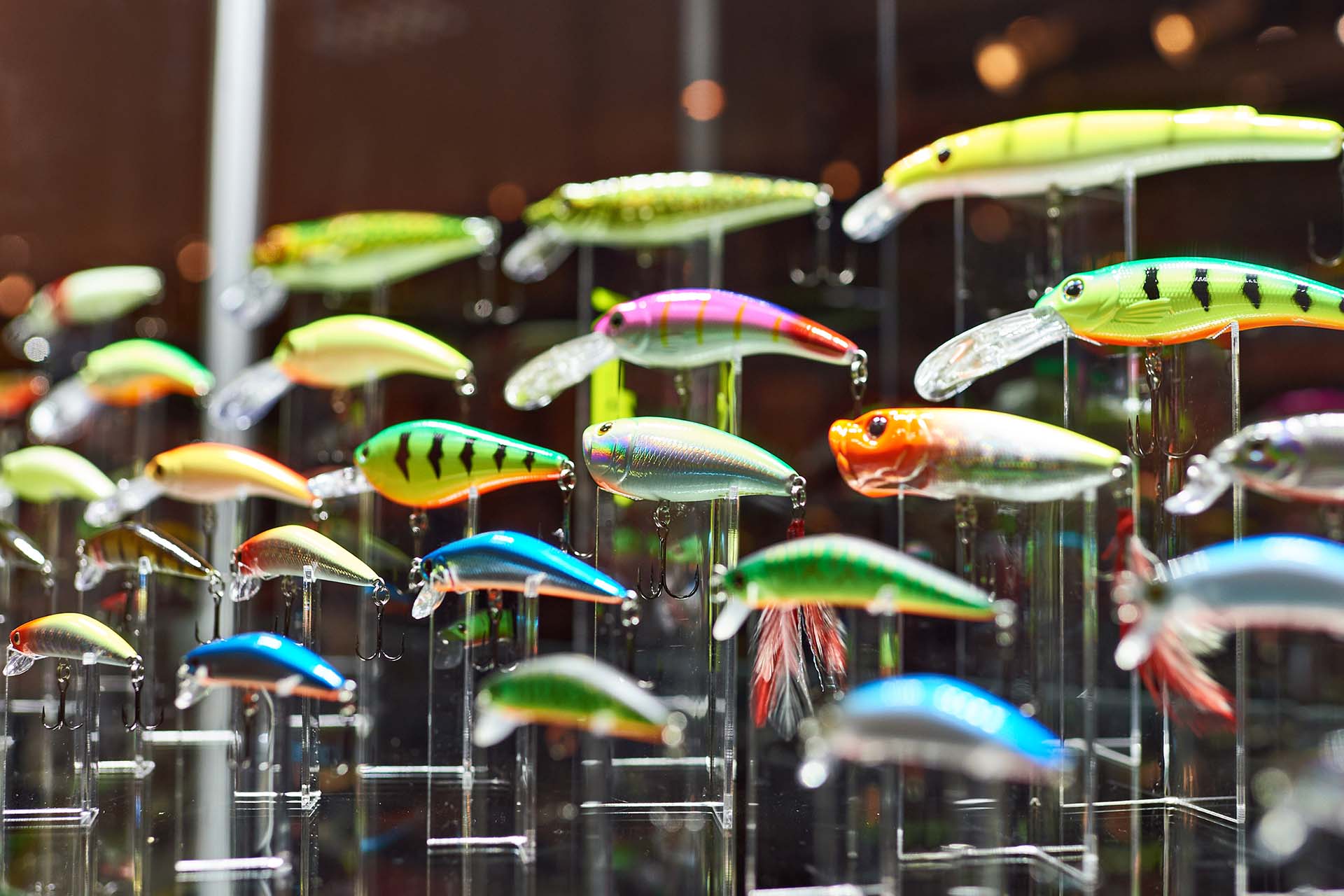
You Can Use Repellents
Using repellents can be an effective way to protect yourself from unwanted insect bites, as well as potential nibbling from the species you’re trying to catch. There are several types of repellents available on the market, including those containing N, N-diethyl-meta-toluamide (better known as DEET), picaridin, and essential oils such as citronella or eucalyptus.
How Can Repellents Keep Those Potential Bites Away
These repellents work by creating a barrier between you and the insects or wildlife, making it less likely that you’ll get bitten or stung. While using these products, be sure to follow the manufacturer’s instructions and apply the product evenly to exposed skin and clothing. Additionally, consider wearing long sleeves and pants to further protect yourself.
Unfortunately, insect repellents are generally not effective at keeping those water creatures from biting you since they are unlikely to be affected by these products or other types of chemical repellents. However, some natural scents, such as garlic or onion, work wonders in repelling certain species.
There Are Some Special Fish-Repelling Products Out There
While insect repellents may not be effective, there are some special fish-repelling products that are available on the market nowadays. These products work by mimicking natural scents that help repel certain species. For example, garlic and anise oil are examples of fish-repelling scents that are widely used by anglers. They can be found in various concentrations, so it’s important to choose the right one based on the duration of your fishing trip.
Overall, the best repellent for you will depend on your specific needs and the environment you’ll be in. For example, if you enjoy saltwater fishing at night, you need to think about everything you’ll encounter on your trips to figure out which product will work best. So, be sure to research the options available and choose a product that is both safe and effective for your intended use.
Be Mindful of What You’re Using
It’s also worth noting that certain scents or chemicals can not only repel fish if they are used in excess – they can also have a negative environmental impact and end up contaminating the water. This can result in adverse effects on the species that inhabit the area.
As a devoted fisherman, it’s essential to care for the environment by being mindful of your impact on the ecosystem and the habitats of the species you’re trying to catch. In addition to avoiding using certain chemicals, this includes following fishing regulations and guidelines, as well as properly disposing of any waste left after your trip. So, do your part in protecting the fish and other wildlife – it’ll ensure that these areas remain accessible for future generations to enjoy.
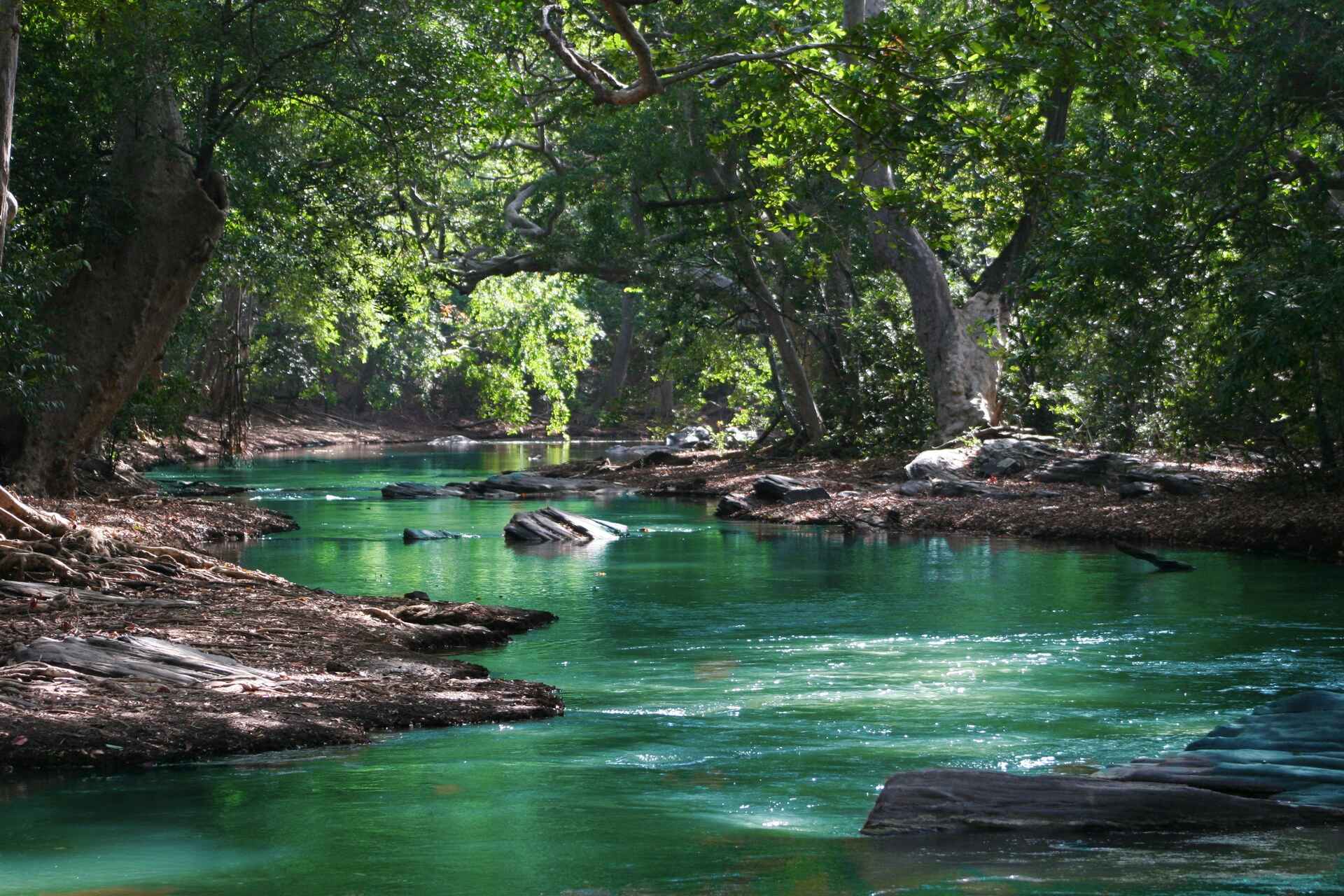
Learn How to Keep the Fish From Biting You, and Enjoy Your Angling Adventure
As fishermen, we all have the same goal of landing some impressive catches while avoiding getting any nibbles along the way. That’s why we have to stay safe and be smart about our methods of angling or even when handling the reel and files. Wearing gloves and proper clothing, using adequate repellents, and, above all, staying mindful will ensure your safety from painful bites that could potentially lead to injury or infection. Just remember – bites can happen to anyone, so it pays to be prepared!


